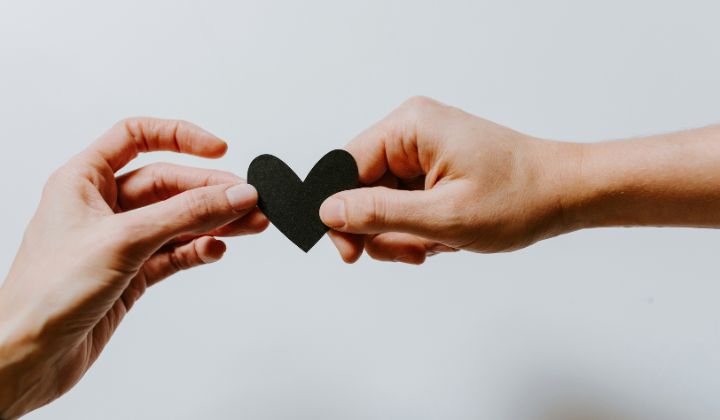
Why do you show up in your relationships the way you do?
Knowing your attachment style is the first step towards answering this question.
How we show up in relationships often reflects the relationships we were modeled in early childhood. If we were modeled healthy relational dynamics, we would likely carry this into our adult relationships. On the other hand, if we were modeled an unhealthy way of relating, we may struggle in our adult relationships.
This is an attachment style; how we have been conditioned or programmed in our relationships based on past relationships shaped how we relate to ourselves and others.
The 4 Relationship Attachment Styles

Anxious Preoccupied
Relationships can often make you feel anxious, unsafe, or insecure because you fear being abandoned by your partner. As a result, you seek more closeness in your relationships, need constant reassurance, and can feel afraid if there is a strong sense your partner is pulling away. You may easily self-abandon and lose yourself in relationships due to becoming preoccupied with your partner or the relationship.

Dismissive Avoidant
Emotions can feel intense and overwhelming and can cause you to pull away from others due to feeling too vulnerable. You may find yourself withdrawing from situations or people where there may be conflict. You have a strong need for independence and this can cause challenges in your relationships. You may have inner conflict because you want to connect with others on a deeper level and desire affection and comfort but feel unsafe when people get close.

Fearful Avoidant (Disorganized)
Relationships can feel chaotic, confusing, and overwhelming because you swing between being avoidant and anxious. Depending on the relationship, you can shift between being “hot and cold,” often feeling confused about your feelings. Your partner may describe your behavior in the relationship as unpredictable and confusing.

Secure
You often feel comfortable and at ease in secure relationships. You’re also good at communicating your needs and feelings and feel open to vulnerability in healthy relationships. However, sometimes you can experience difficulty when relating to those who aren’t as secure in relationships. You bond better with secure people seeking close or long-term relationships.

